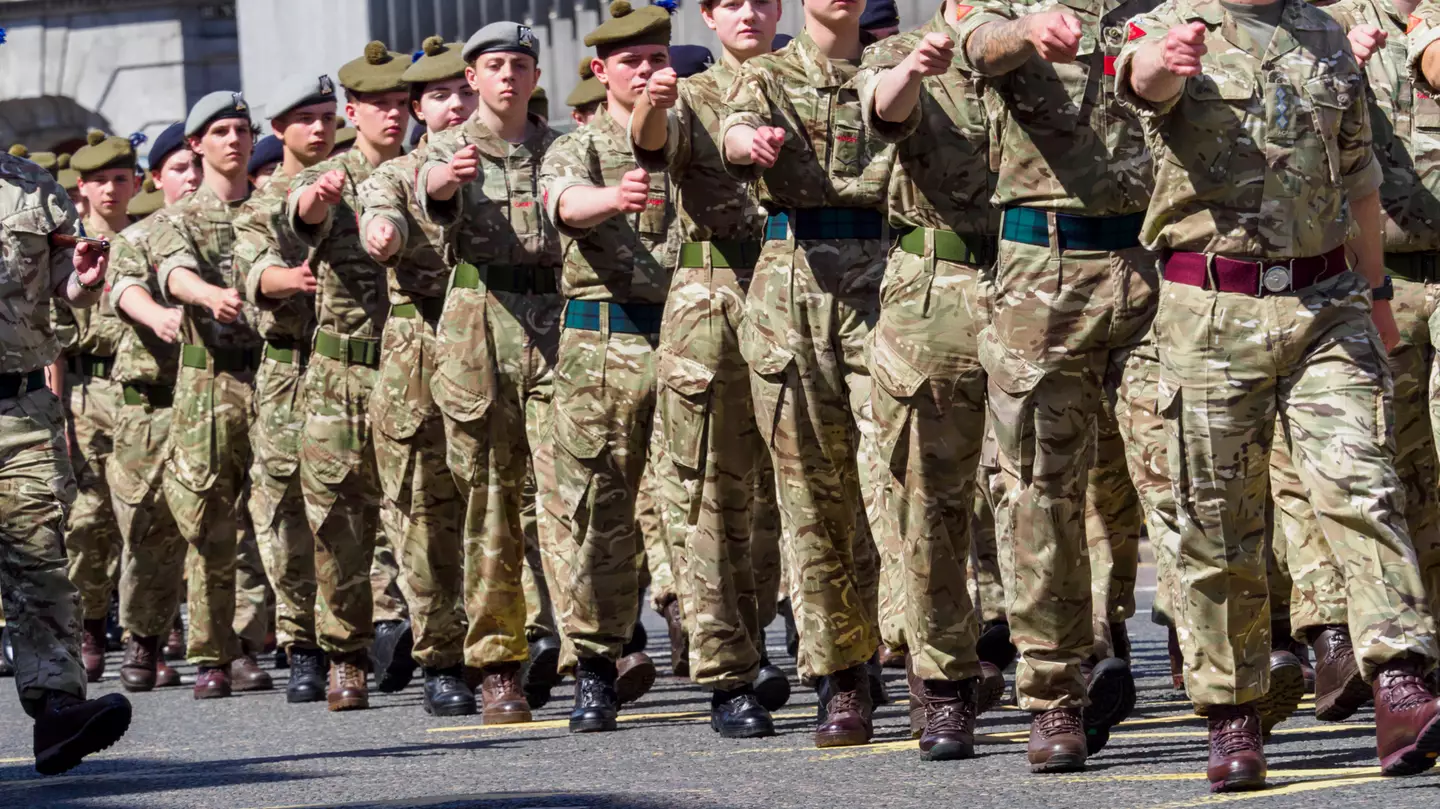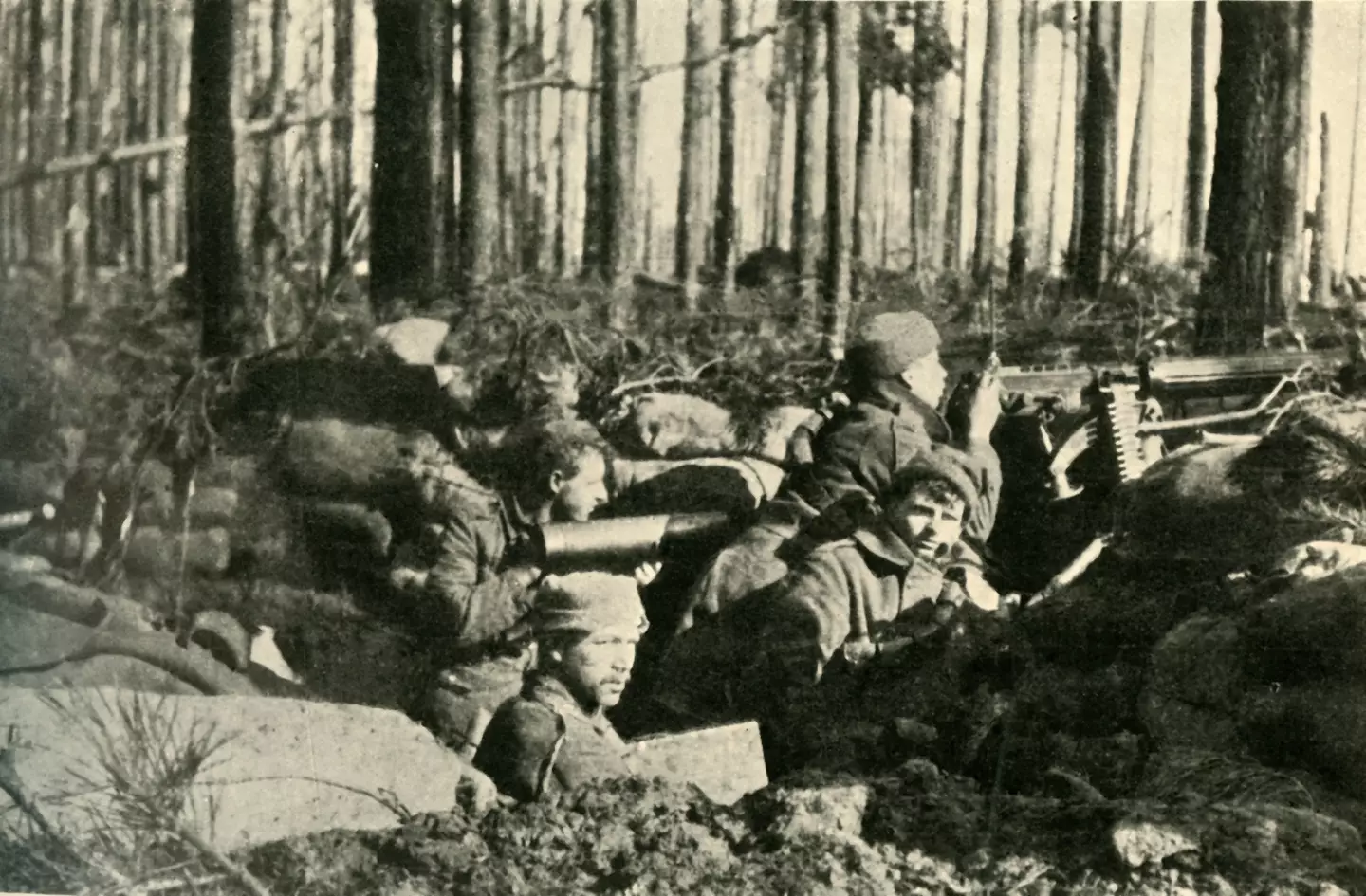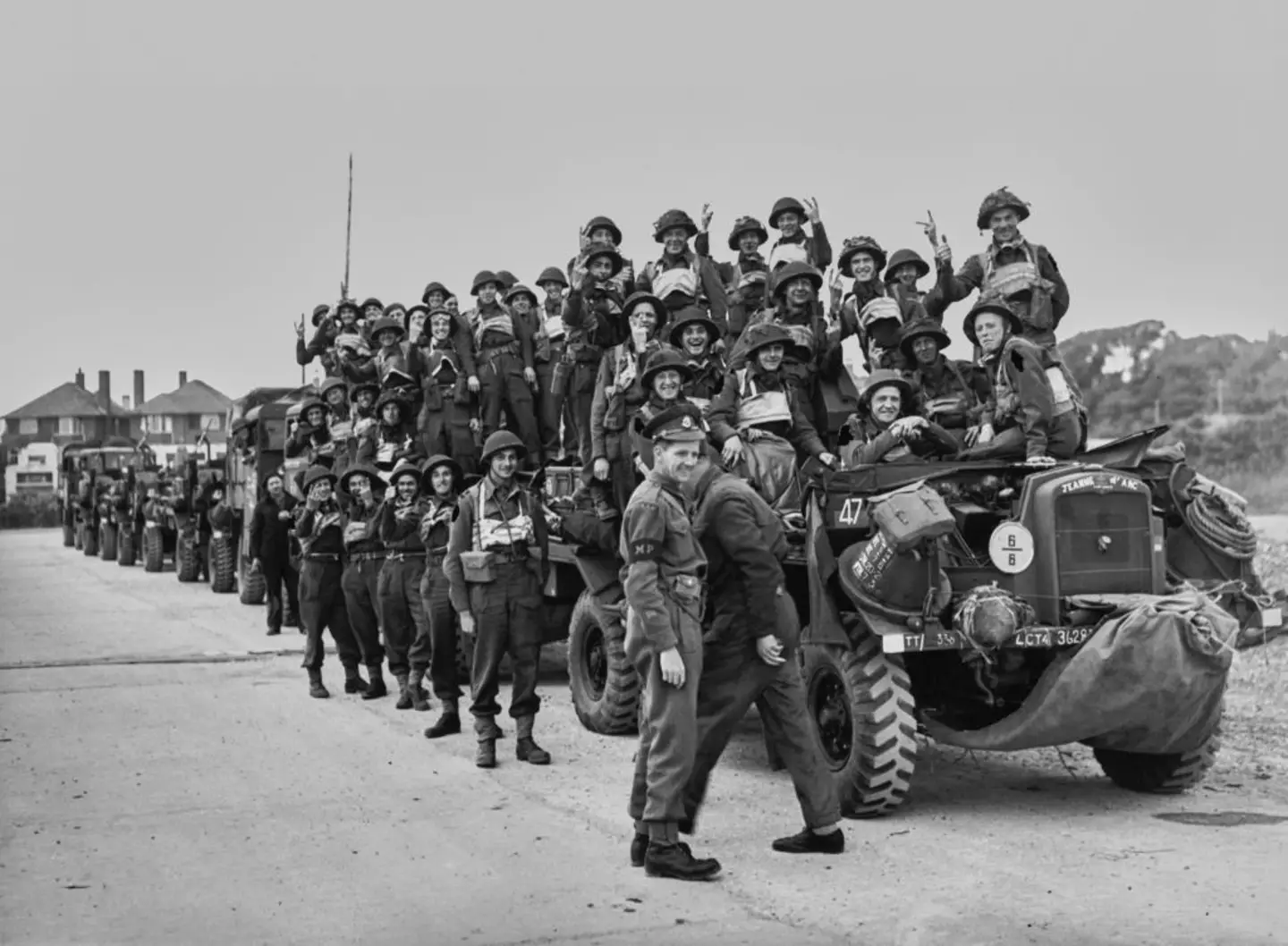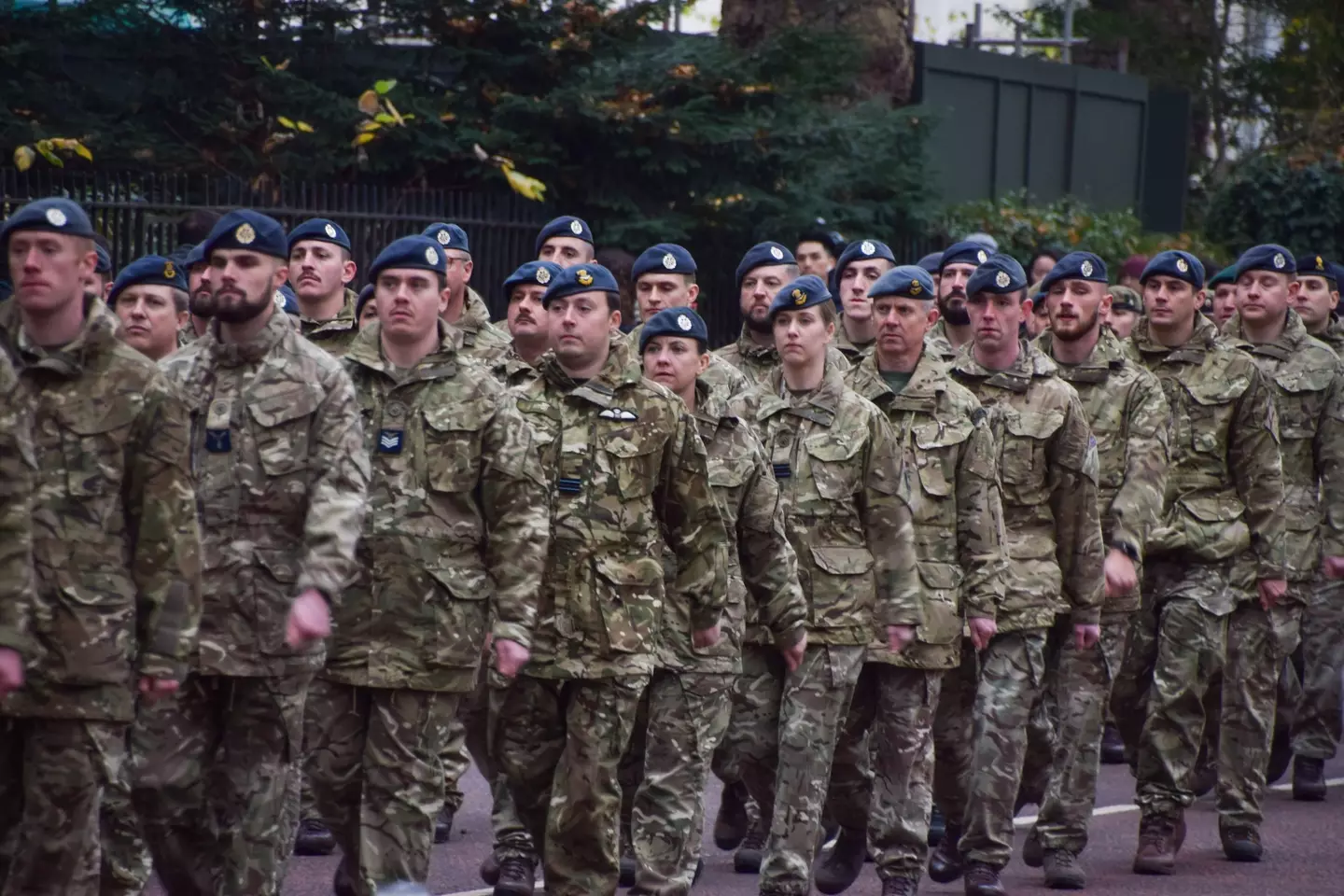
The world we live in nowadays is not quite the tranquil, peace loving place we'd hope it to be.
We rather hope the prospect of World War Three is not approaching, and despite the talk of it and possible conscription the position of the UK government is that it's not on the table.
The UK is boosting defence spending in response to rising tensions in the world but government minister Pat McFadden has ruled out conscription, saying: "We are not considering conscription, but of course we have announced a major increase in defence expenditure.
"We do have to recognise that the world has changed. The phrase 'step up' is used a lot. Europe does have to step up in terms of its own defence.
Advert
"President Trump isn't actually the first president to say that, but he said it more loudly and with more force than his predecessors - so, I think we have got to recognise that moment."
He added that people shouldn't 'cling on to old assumptions', while a spokesperson for Prime Minister Sir Keir Starmer reiterated that the UK's armed forces were voluntary and plans weren't being made to change it.
"The British military has a proud tradition of being a voluntary force. There are no plans to change that," the spokesperson said.
The UK has previously introduced conscription for both previous World Wars, here's how it worked.

Conscription in the First World War
It was not until 1916 that the UK brought in conscription for the First World War when the Military Service Act was passed in January of that year.
Until then the British forces in the First World War had been volunteers, though in the autumn of 1915 something that came to be known as the Derby Scheme was implemented to try and pressure and persuade people to volunteer.
Men would go round to houses and ask single men aged between 18 and 41 if they wanted to enlist immediately or sign up to be called up later on, it led to over 300,000 new recruits.
However, that wasn't enough for the armed forces and conscription was introduced, with a bill passed in January 1916 and coming into force on 2 March, 1916.
Initially, men aged between 18 and 41 who were not exempt for a list of specific reasons were conscripted into service, conscription was an unpopular policy and in April 1916 a protest of over 200,000 people marched through Trafalgar Square.
That list of exemptions included married men, widowers with children, those working as religious ministers, men working in vital industries, those already in the Royal Navy and conscientious objectors.
In May 1916 married men were removed from the exemption list, and in 1918 the age limit was increased from 41 to 51.
Brits had the right to appeal conscription, and their employers could appeal as well if they thought the man being called up ought to be exempt.
Conscription applied only to men from England, Scotland and Wales, a law was passed in 1918 to try it with Ireland but never put into effect after there was a significant backlash.
While many Irishmen had volunteered to fight in the First World War, the prospect of conscription was hugely unpopular.
Conscription from the First World War did not end immediately after the end of hostilities and was instead extended until 1920. The UK reckons that about 2.5 million men were conscripted into military service in the First World War.

Conscription in the Second World War
Shortly before the outbreak of World War Two once it became apparent that war was coming, the UK once again introduced conscription.
In April 1939 the British government decided to implement limited conscription, and the following month it passed the Military Training Act where single men between the ages of 20 and 22 were called for six months of military training, after which they'd be discharged and become army reservists.
The first group of men were conscripted this way on 3 June, 1939.
The outbreak of the Second World War three months later in September 1939 resulted in the National Service (Armed Forces) Act which conscripted all men aged between 18 and 41.
Those judged to be medically unfit, students, clergy and people working in certain jobs were exempt, while conscientious objectors could make an appeal which would place them in a non-combat job instead.
Conscription was expanded later on in the war and by 1942 men aged between 18 and 51 and women between the ages of 20 and 30 were called up in some fashion, barring exemptions.
Married women and those who had one or more children aged 14 and under living with them were exempt.
Men who were called up before they were 51 but passed that age during their time conscripted had to stay on.

After the Second World War
Following the end of the Second World War, Brits could still be conscripted into National Service until 1960.
The parameters were changed to affect men aged between 17 and 21, and the last conscript left the armed forces in 1963.
Since then the possibility of reviving conscription has been brought up a few times, most recently by Rishi Sunak who put a form of it into the Conservative manifesto for last year's election.
That would have seen some but not most 18-year-old Brits put into the military, the vast majority would have instead worked a weekend a month for a year in some other occupation.
The idea was heavily criticised and Sunak lost the election quite badly.